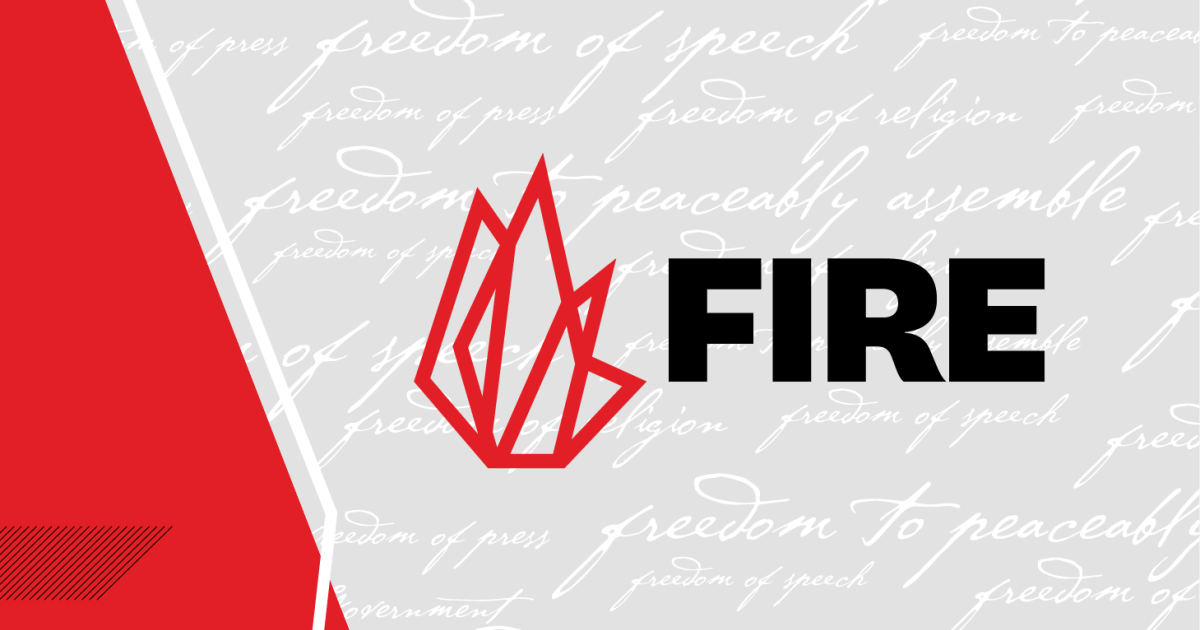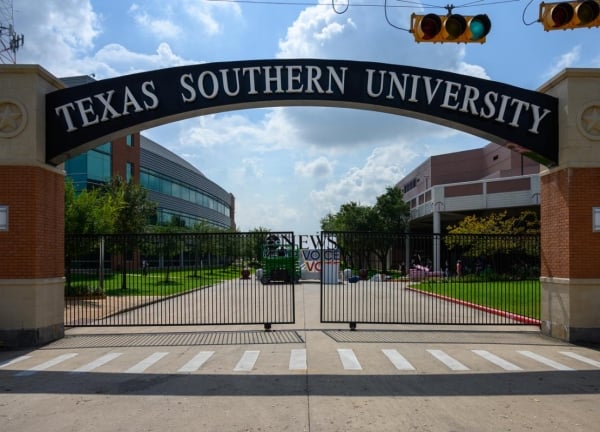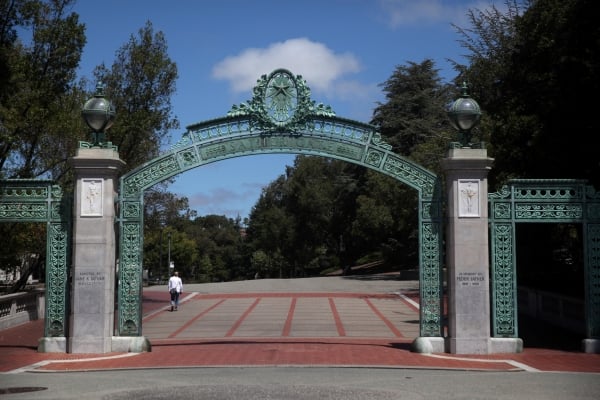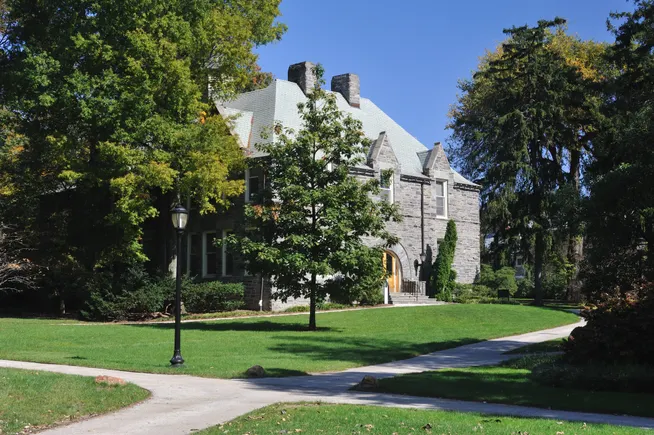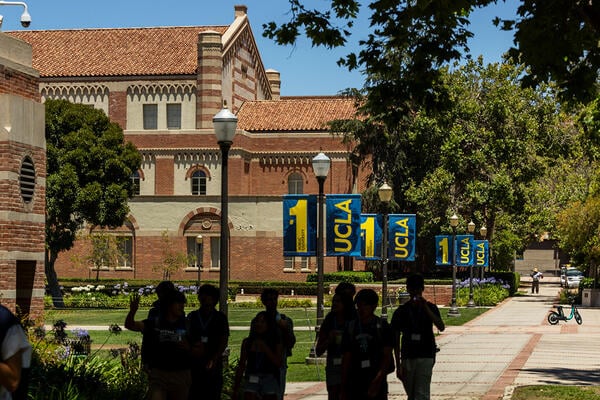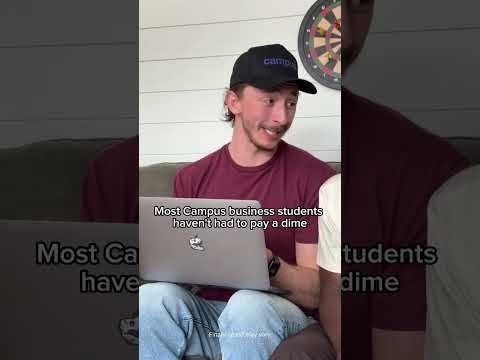by CUPA-HR | May 19, 2025
On April 25, the Equal Employment Opportunity Commission’s Acting Chair, Andrea Lucas, issued a Commissioner’s Charge against Harvard University announcing that the EEOC is investigating whether “Harvard may have violated and may be continuing to violate Title VII [of the Civil Rights Act of 1964] by engaging in a pattern or practice of disparate treatment against white, Asian, male, or straight employees, applicants, and training program participants in hiring, promotion (including but not limited to tenure decisions), compensation, and separation decisions; internship programs; and mentoring, leadership development, and other career development programs.”
The charge also covers “entities managed by, affiliated with, related, or operating jointly with or successors to” Harvard University. This includes the institution’s medical school, school of public health, and school of arts and sciences, as well as the Brigham and Women’s Hospital and Massachusetts General Hospital, among others. The investigation will look back to 2018 for potential discrimination.
As Acting Chair Lucas explains in the charge, the allegations “are based on publicly available information regarding Harvard, including, but not limited to, documents and information published on Harvard and its affiliates’ public webpages (including archived pages); public statements by Harvard and its leadership; and news reporting.” The charge references documents that were on Harvard’s website, including resources that tracked its decade-long progress to diversify its faculty, but these documents have since been deleted from the university’s website.
Lucas highlights data showing a 10% drop in white men among “all ladder faculty” from 2013 to 2023 and the corresponding 10% increase in total women, nonbinary, and faculty of color in the same time span. She also points to the increase in the percentage of tenured and tenure-track faculty that are women, nonbinary, and/or people of color. Acting Chair Lucas believes Harvard took “such unlawful action in an effort to achieve, in Harvard’s own words, ‘demographic diversification of the faculty.’” Moreover, Lucas claims, “there is reason to believe that these trends and the underlying pattern or practice of discrimination based on race and sex have continued in 2024 and are ongoing.”
The charge also emphasizes that various programs hosted by the university and its affiliates — including fellowship programs, research opportunities, and other initiatives targeted toward underserved groups, including Black and Native American students — demonstrate disparate treatment by the university and its affiliates against White, Asian, male, and straight applicants and training program participants.
The EEOC’s Commissioner’s Charge is the latest escalation of the battle between Harvard and the Trump administration, which has frozen or paused billions of dollars in federal grants and contracts, threatened to revoke the school’s tax-exempt status, and initiated a task force to investigate the university’s behavior towards Jewish students. The Department of Education and Department of Health and Human Services are also investigating the university, including for race-based discrimination.
In a letter in response to the Department of Education, Harvard explained:
“Employment at Harvard is similarly based on merit and achievement. We seek the best educators, researchers, and scholars at our schools. We do not have quotas, whether based on race or ethnicity or any other characteristic. We do not employ ideological litmus tests. We do not use diversity, equity, and inclusion statements in our hiring decisions. We hire people because of their individual accomplishments, promise, and creativity in their fields or areas of expertise, and their ability to communicate effectively with students, faculty, and staff. And we take all of our legal obligations seriously, including those that pertain to faculty employment at Harvard, as we seek to offer our students the most dynamic and rewarding educational experience that we can.”
CUPA-HR will continue to monitor for updates related to this charge and other relevant enforcement activity at the EEOC.
Share This Article:


